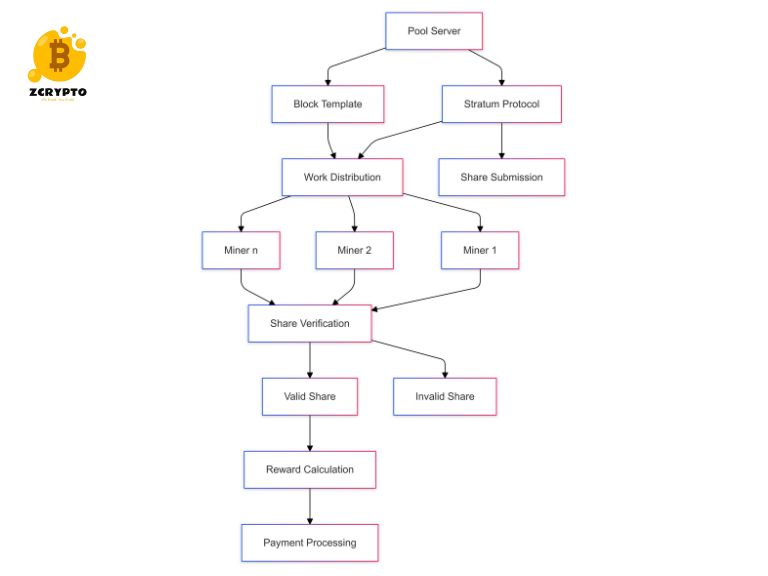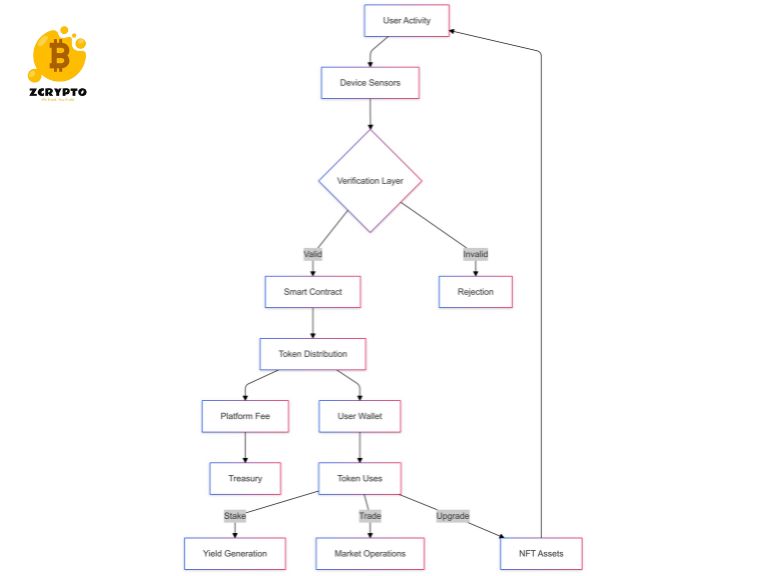In the complex and ever-evolving world of energy, understanding key metrics is crucial for making informed decisions. One such metric that stands out is the Barrel of Oil Equivalent (BOE). For energy investors and financial analysts, BOE is more than just a unit of measurement; it’s a cornerstone for evaluating the performance, reserves, and overall value of energy companies. In this article, we’ll delve into what BOE is, how it’s calculated, its importance in energy reporting, its role in financial analysis and investment, and the limitations associated with it.
- Understanding Available Balance: What You Can Spend Now vs. Current Balance
- How Capital Markets Work: A Guide to Long-Term Investing and Economic Growth
- Mastering the Capital Asset Pricing Model (CAPM): A Comprehensive Guide to Risk and Return in Finance
- How Bail-Ins Work: Understanding the Financial Rescue Mechanism for Failing Banks
- How to Calculate Basic Earnings Per Share (EPS): A Guide for Investors and Analysts
What is a Barrel of Oil Equivalent (BOE)?
The Barrel of Oil Equivalent (BOE) is a unit of energy that equates to the energy released by burning one barrel of crude oil. This standardization allows different types of energy resources to be compared and assessed on a level playing field. Essentially, BOE converts various forms of energy into a single figure, making it easier to evaluate total energy reserves.
Bạn đang xem: Understanding Barrel of Oil Equivalent (BOE): A Key Metric for Energy Investors and Financial Analysts
To put it into perspective, one BOE contains approximately 5.8 million British thermal units (Btu) or 1.7 megawatt-hours (MWh). This uniformity is invaluable in an industry where diverse energy sources are common.
Calculation and Conversion of BOE
Calculating BOE involves converting different types of energy resources into this standardized unit. For instance, natural gas can be converted to BOE by knowing that one barrel of oil is equivalent to approximately 6,000 cubic feet of natural gas. This conversion factor helps in consolidating gas reserves into an oil-equivalent measure.
Xem thêm : Understanding the Role of an Attorney-in-Fact: Managing Your Finance, Business, and Investments
Other energy resources like coal also have their own conversion factors due to varying energy contents. For example, coal might require a different conversion ratio because its energy density differs significantly from that of crude oil.
It’s also important to note the use of multiples such as kilo barrels of oil equivalent (kBOE), which can sometimes lead to confusion if not clearly distinguished from other units.
Importance of BOE in Energy Reporting
In the energy sector, BOE plays a pivotal role in reporting total reserves. Exploration and production companies use BOE to combine both oil and natural gas reserves into a single measure, providing a comprehensive view of their resource base.
BOE is also crucial in financial statements as it helps in evaluating the performance and value of energy companies. Investors and analysts rely on BOE metrics such as barrels of oil equivalent per day (BOE/D) to assess daily production and consumption rates. This metric provides insights into the operational efficiency and output capacity of these companies.
BOE in Financial Analysis and Investment
Xem thêm : Understanding Available Balance: What You Can Spend Now vs. Current Balance
For equity and bond analysts, BOE is an essential tool for evaluating the scale and performance of energy companies. By assessing the size of a company’s reserve base in terms of BOE, analysts can make more informed financial decisions. This includes evaluating borrowing costs and potential future revenues based on the company’s proven reserves.
BOE also enables investors to compare the production and reserves of different oil and gas companies on an apples-to-apples basis. This comparability is vital for investment decisions as it helps in identifying which companies have stronger reserve positions relative to their peers.
Limitations and Variations of BOE
While BOE is a powerful metric, it does come with some limitations. One major issue is the variation in energy content among different types of crude oil and natural gas. For instance, lighter crude oils may have higher energy content compared to heavier ones, which can affect the accuracy of BOE as a unit of measurement.
These variations mean that while BOE provides a useful approximation, it may not capture all nuances of different energy resources. Therefore, it’s important for analysts to consider these variations when interpreting BOE data.
Nguồn: https://poissondistribution.lat
Danh mục: Blog





